Reading Louise Erdrich to My Son
A teacher-librarian and parent writes about Louise Erdrich’s Birchbark series and how its stories of Indigenous life compare with the colonialism and racism of Laura Ingalls Wilder’s Little House books.
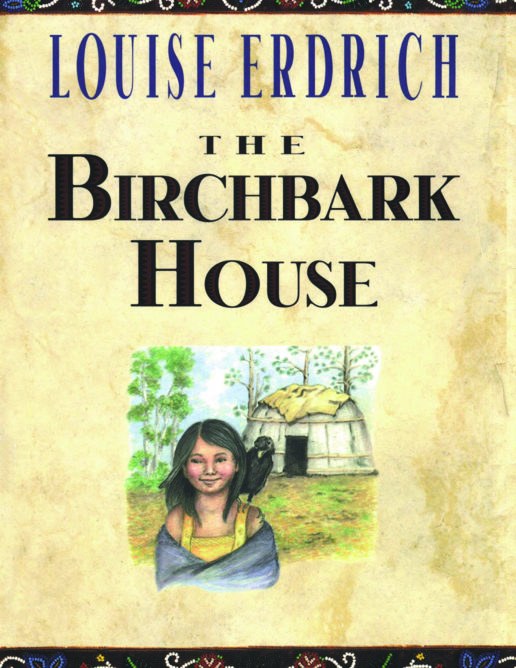
A teacher-librarian and parent writes about Louise Erdrich’s Birchbark series and how its stories of Indigenous life compare with the colonialism and racism of Laura Ingalls Wilder’s Little House books.
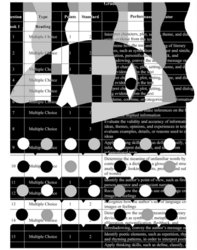
A middle school language arts teacher apologizes to her students for the states narrow and deceptive standardized test.
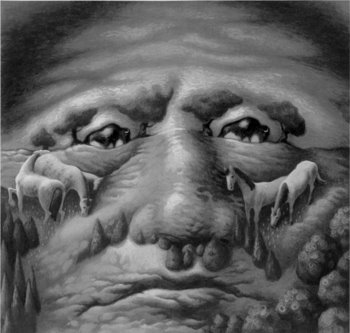
Of Thee I Sing: A Letter to My DaughtersBy Barack Obama Illustrated by Loren Long(Knopf, 2010) On the title page of President Barack Obama’s picture book, Of Thee I Sing: A […]
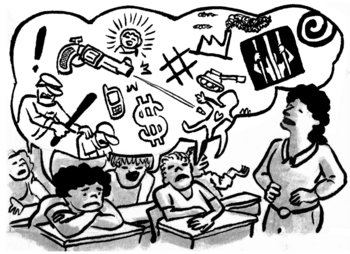
This content is restricted to subscribers

When Chicago stole my mother’s tongue, it also stole all her yesterdays. A poet’s lyric plea for teachers to nurture their students voices and stories.
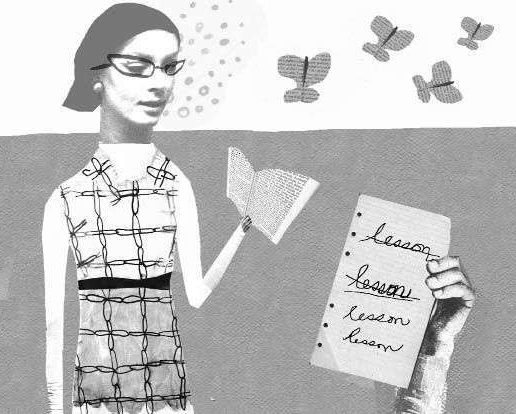
A veteran teacher laments the trend toward mandated curriculum and argues that teachers should choose materials that address students’ lives and social issues.
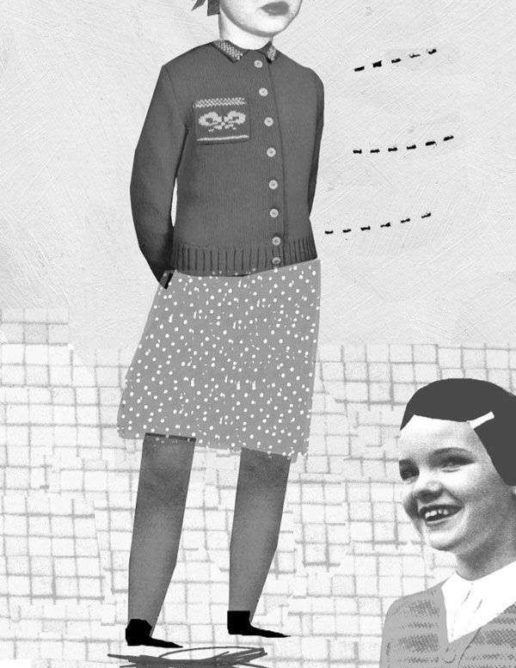
Linda Christensen gets students to write critically about clothes, class, and consumption.
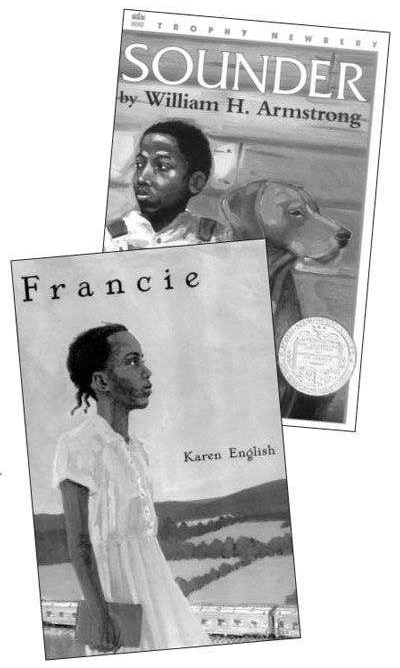
Teacher and students discover that even critically acclaimed literature can disenfranchise as well as empower.
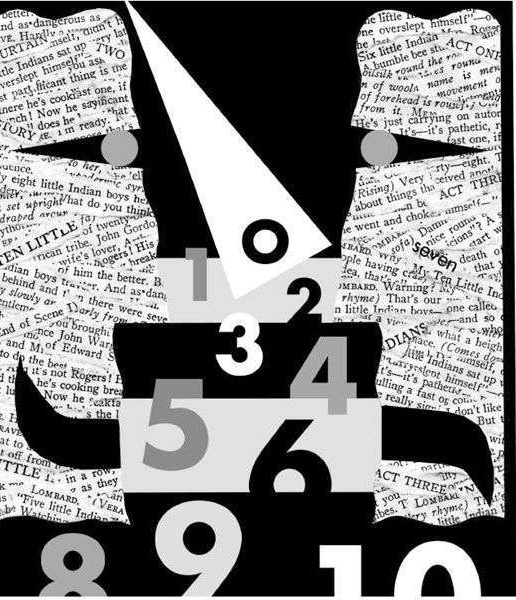
The strange and offensive history of Ten Little Indians” (Hint: They weren’t always called “Indians.”)
“
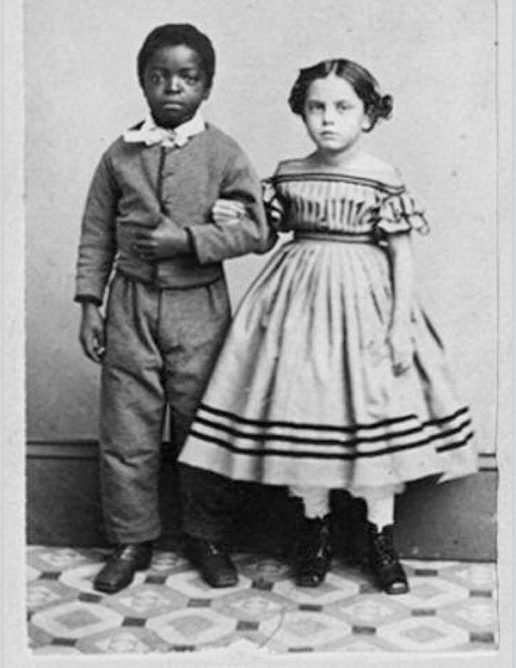
This content is restricted to subscribers

Do small schools change teaching practice?

This content is restricted to subscribers
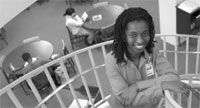
Profiling an African American teacher on Chicago’s south side.
Teaching forgiveness through poetry and art.
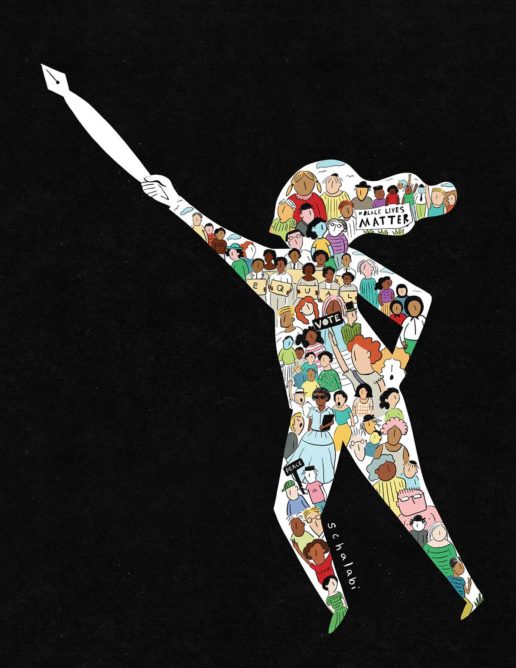
A high school English teacher deconstructs “Hero’s Journey” curriculum, shows its patriarchal prejudice, and talks about teaching collective rather than only individual transformation.
During a recent conversation, a former high school classmate said, “I always wondered why you left Eureka. I heard that something shameful happened, but I never knew what it was.”
Yes, something shameful happened. My former husband beat me in front of the Catholic Church in downtown Eureka. He tore hunks of hair from my scalp, broke my nose, and battered my body. It wasn’t the first time during the nine months of our marriage. When he fell into a drunken sleep, I found the keys he used to keep me locked inside and I fled, wearing a bikini and a bloodied white fisherman’s sweater. For those nine months I had lived in fear of his hands, of drives into the country where he might kill me and bury my body. I lived in fear that if I fled, he might harm my mother or my sister.
I carried that fear and shame around for years. Because even though I left the marriage and the abuse, people said things like “I’d never let some man beat me.” There was no way to tell them the whole story: How growing up and “getting a man” was the goal, how making a marriage work was my responsibility, how failure was a stigma I couldn’t bear.
Students analyze cartoons from Popeye to Brave to see how media teaches children white- and male-supremacist ideas.
One of a Kind, Like Me/Unico como yo by Larin Mayeno // Illustrated by Robert Liu-Trujillo // Blood Orange Press, 2016 Jacob’s New Dress by Sarah and Ian Hoffman // […]
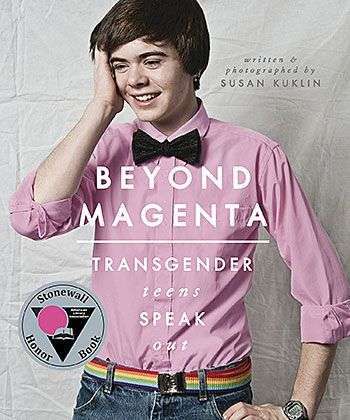
“You have got to come out here and see this!” That’s how a transgender student was introduced to her homeroom teacher at a high school in my district. When I […]
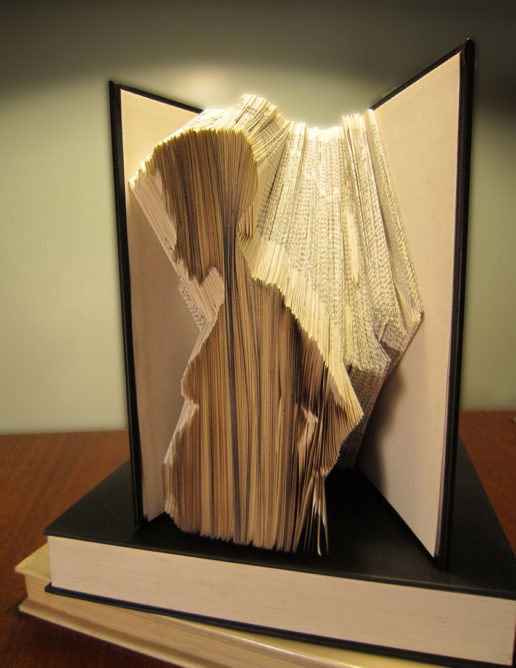
Inspired by students’ responses to her own pregnancy, a high school English teacher develops a unit based on teen pregnancy and motherhood—rejecting the usual deficit-based narrative of teen parenting.
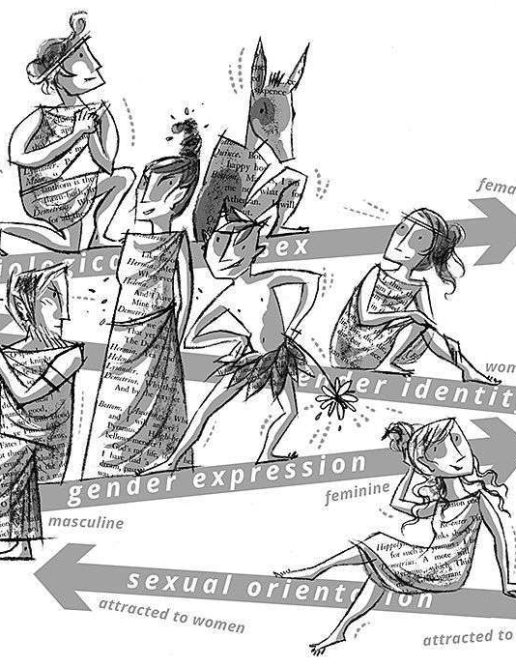
Middle schoolers explore how Shakespeare plays with gender expression and expectations in A Midsummer Night’s Dream.
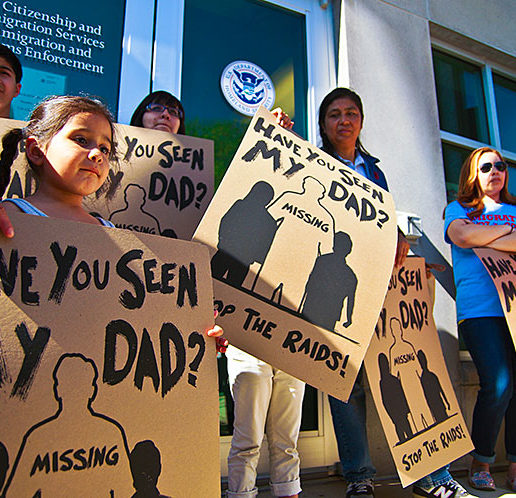
Una maestra de primaria se da cuenta que debe dejar a un lado el guión y la antología de su currículo para encontrar literatura latina en español y abrir un espacio a las vidas de sus estudiantes.
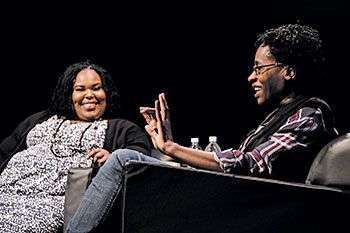
It is March 2015. America is reeling from the killings of Michael Brown, Eric Garner, John Crawford, and Ezell Ford. As the hashtag #BlackLivesMatter is trending, images of unarmed Black […]

An early elementary school teacher realizes she needs to dump the scripted curriculum and basal reader, find Latina/o literature in Spanish, and make space for her students’ thoughts and feelings.
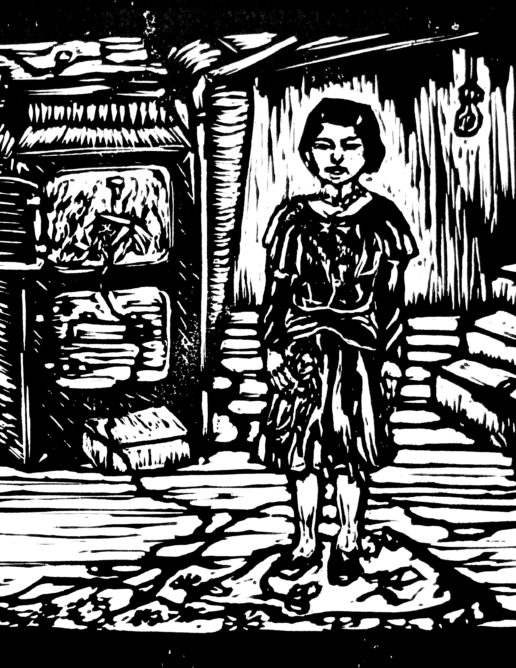
An introduction to persona poems, which ask students “to find that place inside themselves that connects with a moment in history, literature, life.”